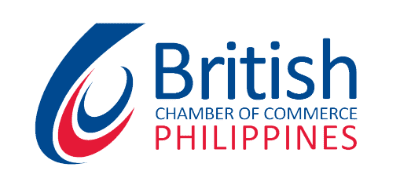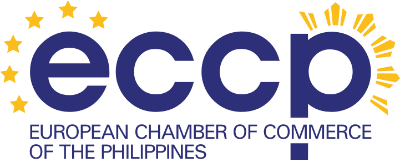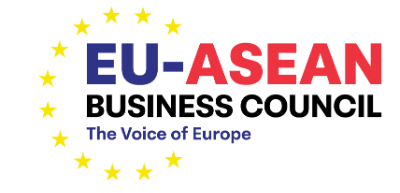
Combatting Illicit Trade in Southeast Asia

Overview
Illicit trade remains a persistent and evolving threat worldwide. Trade in counterfeit goods alone amounts to $460 billion annually, accounting for up to 2.3% of global trade, according to the OECD. But the cost is more than just economic: from smuggling and counterfeiting to trafficking in people and natural resources, the activities of increasingly sophisticated illicit networks not only undermine legitimate commerce and erode state revenues but also pose serious risks to the public and security.
Southeast Asia’s porous borders, uneven enforcement capacity and fragmented regulatory frameworks make the region particularly vulnerable to exploitation by criminal operations. To address this challenge and enhance enforcement across borders, regional co-operation is critical. At the same time, governments cannot act alone. The private sector plays a pivotal role, both as a stakeholder affected by illicit trade and as a strategic partner in prevention and response. Leveraging innovative technologies, promoting responsible business practices and engaging communities can significantly strengthen regional resilience.
This high-level briefing from the Financial Times – held in partnership with PMI – explored the political, technological and institutional approaches needed to disrupt illicit activity, while solidifying the partnerships required to build more secure and transparent economies across Southeast Asia.



Key Discussion Points
Encouraging regional collaboration to combat illicit trade
How can governments, law enforcement bodies and international partners work together to disrupt illicit trade routes and enhance enforcement?
Mobilising business in the battle against illicit trade
How can stronger private-sector participation in enforcement efforts be incentivised without creating undue compliance burdens?
Enhancing Public education
What role does public education play in reducing demand for illicit goods, and how can businesses help shape these awareness campaigns?
We’re Here To Help
© Financial Times Live
FT Live and its journalism are subject to a self-regulation regime under the FT Editorial Code of Practice